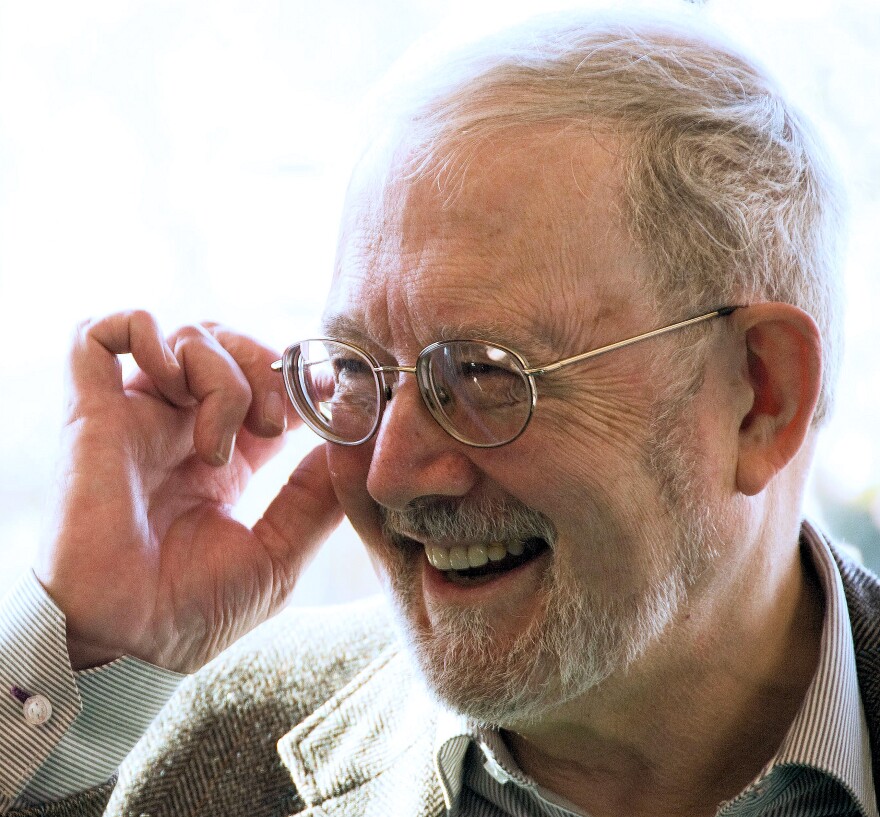Daylight Saving Time is an illusion, of course. We can't save daylight, any more than we can save time itself. Barring some massive disruption in the solar system, there will be exactly as much daylight as there ever was, and time will keep ticking along at its usual relentless pace. But this ritual of changing the hour always reminds me just how many clocks we have around the house, and how much time we waste re-setting them all twice a year, especially since clocks and watches became so complicated. It used to be easy. Wristwatches could be set by pulling out the winder button and twirling the hands into position. On larger clocks it was a simple matter of opening the case and pushing the hands around with your finger until they pointed to the right numbers. But now, re-setting the time requires a degree in computer science, as well as an uncommon amount of physical dexterity.
I suffer from a mild obsession with time and timepieces. This is a hereditary disease. My father's hobby was repairing watches and clocks. The family home was always full of other people's clocks, all ticking away at slightly different rhythms and showing slightly different times. My father would disembowel them on the kitchen table, picking his way confidently through hundreds of tiny wheels and springs, in a passionate but always-doomed search for perfect accuracy. The atomic clock would be nothing but a form of cheating to him.
Now the street sellers of New York offer amazing watches with six dials, twenty time zones, phases of the moon, personal fitness programs and the entropic death of the universe all programmed in. And I'm always tempted, because a watch like that would give me more varieties of time to worry about.
Our neurosis about time is all the fault of a mad Dutch mathematician, Christian Huygens, who invented the pendulum clock back in the 1600s. Once time could be more or less accurately measured, everybody wanted to know exactly what time it was all the time. Public clocks were set up in every city, and soon pocket watches and wristwatches allowed us to carry time around, so we would know when to commence the cocktail hour, eat, sleep, wake up, and complain about other people not being on time. These old-fashioned clocks had a certain amount of inaccuracy built into them. The springs ran down, tiny wheels fell out, and mice nested in the mechanism. There was always an excuse for not being on time.
Now our timepieces are all too accurate, and we have no excuses. It is a kind of electronic tyranny, and if you want to see a whole lot of electronic clocks, all showing precisely the correct time, go to a radio station. Everything has to run on time here, and every second counts. You might even say that time is money, because all those clocks are silently counting down the seconds until the end of the fund drive, which means that your window of opportunity to support this station is getting narrower and narrower. You may feel that it's an hour earlier today than it should be, but really it's later than you think.
Copyright: David Bouchier


